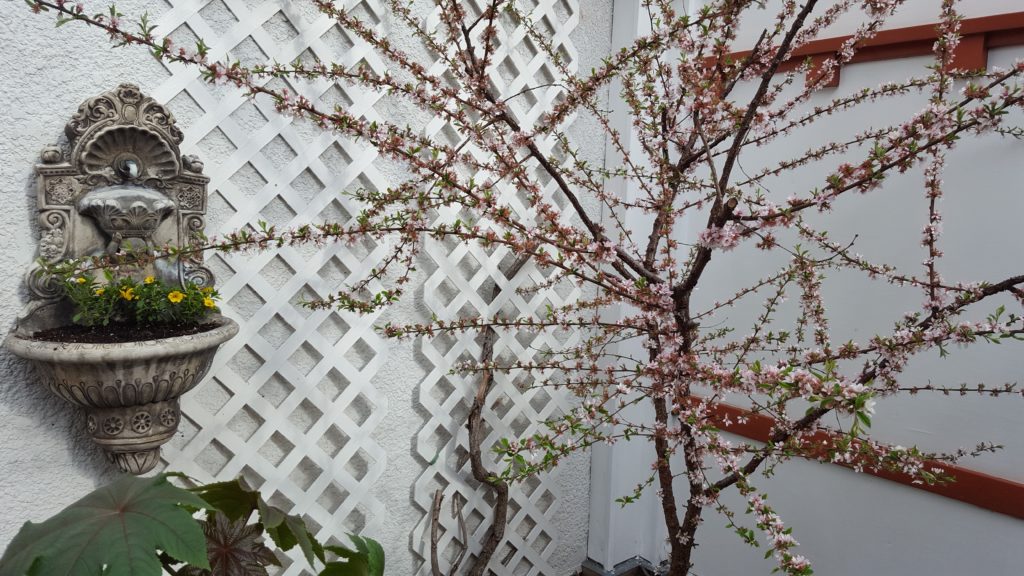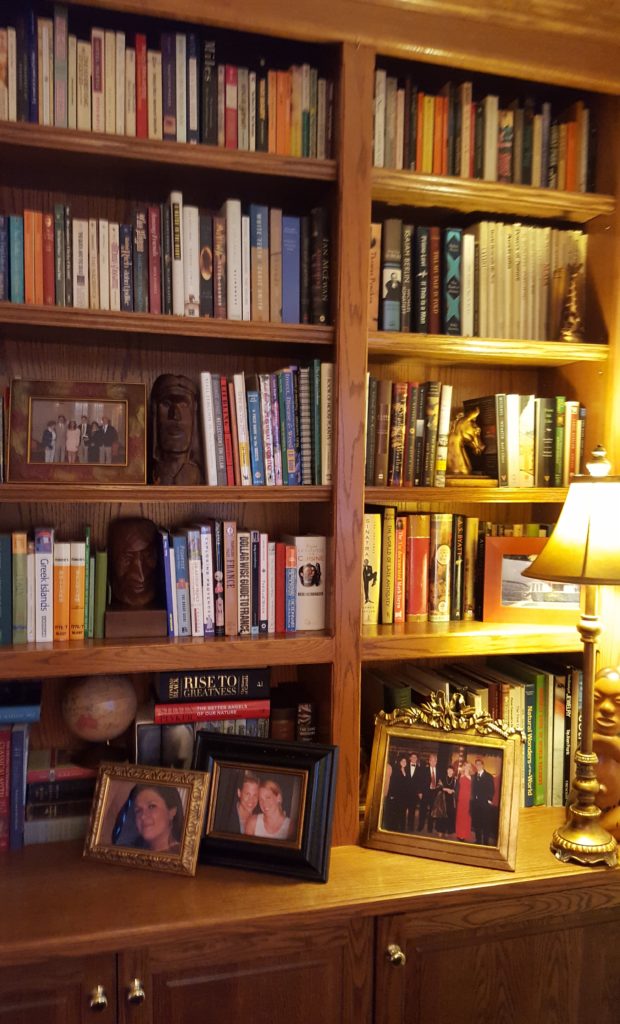The letter, its trigger and the aftermath
May 25, 2017
Dear Editor @ National Post,
Just when you think they can’t get any more ridiculous, the hard lefties disappear up their own navel. No wonder I—a lifelong reader of literature and history—stopped reading most Canadian novelists 20 years ago. Any writer of integrity should avoid the Writers’ Union of Canada like the plague that it is; tell me, what does union, that is, control, have to do with creativity? And the Writers’ Union’s groveling apology is of a piece with the victimhood their members must all embrace to be part of this Uriah Heepian organization: “The intention behind the magazine is to offer space for honest and challenging discussion and to be sincerely encouraging to all voices.” Lies, lies and more lies. Hal Niedzciecki honestly expressed a position that challenged their ‘intersectional’ world, and they promptly encouraged him to shut up.
These so-called writers undermine the very foundation of writing and reading—“to imagine other peoples, other cultures, other identities”—in other words, to imaginatively live in other peoples’ skin to understand a little bit better the many ways of being human and the complexity of that journey. I resoundingly support Niedzciecki’s opinion, “I’d go so far as to say there should be an award for doing so—the Appropriation Prize for best work by an author who writes about people who aren’t even remotely like her or him.”
A pox on the house of the Writers’ Union of Canada!
Sincerely,
Bevelyn MacLise Park
The trigger
My letter was triggered by the story on May 11th of Hal Niedzciecki’s resignation as editor of Write, the magazine of the Writers’ Union of Canada. The pusillanimity of the union directors in apologizing for Niedzciecki’s piece and the nauseating huffiness of members’ quoted in the story makes one retch. This is quickly followed by a rising anger and determination to do whatever’s in one’s power to cut off support for these coddled, grant-fed, so-called writers. Besides feeding in the public trough and producing much that is mediocre at best and swill at worst, they think they have the right to censor any one or opinion that doesn’t uphold the god-forsaken leftist line.
June 25, 2017
The aftermath
In the intervening month and a half since the hard lefties threatened social unlicence if anyone had the temerity to write about what they considered they owned, the race for the gold in victimhood heated up and the left started to eat its own. Shortly after Niedzciecki was forced to resign, Jonathan Kay voluntarily resigned as editor of The Walrus, explaining the restrictions on what he could publish in this publicly funded magazine were inhibiting his writer’s reach. And he is very much a liberal with a decidedly left bent. Then columnist after columnist was taken to task for perceived transgressions, and the lava of groveling apologies covered the liberal
media’s landscape until even they began to be suffocated by it.
Gradually, sanity has begun to prevail and writers worth their salt are pushing back against this argument against literature. Because that’s what it is: Cultural appropriation is the raw material of literature; forbid it and each of us stays encased in our little identity shroud, gazing at our own navel. Sad to say, that seems to be exactly the goal of the liberal left. Sad to say, this cohort’s dominance in the humanities is dulling the shine of studying literature at university.
Democracy needs literature
Democracy needs informed and thinking citizens, and literature feeds the stream of information and thought. Literature opens doors into different rooms, different houses, different streets, different cities, different countries, different worlds. Literature rewards curiosity and expands its reach. Literature appropriates a culture and makes it the reader’s own for the duration of the book. But before any of this can happen, students have to read fiction. Which means the English teacher’s first job is to get students to want to read literature, encouraging seriousness and joy in the reading and never mocking their questions nor condescending to students’ perceptions of the story. Unfortunately, English professors often fail at both—and then wonder why students avoid the study of literature.
Killing interest in novels
This failure to encourage seriousness and joy in reading literature—and thus kill interest in novels—is manifested in three common ways, according to Gary Saul Morson, Frances Hopper Professor of the Arts and Humanities, in his article, “Why college kids are avoiding the study of literature”, Commentary, July/August 2015: teaching the book as a piece of craft, judging the book to death, and treating the book as a document of its time.
Teaching the book as a piece of craft – The craft of the novel is cut and parsed in as many ways as possible, naming and explaining the roles and symbols in paragraph after paragraph, until the story has disappeared in the minutia of the analysis. Literature creates an experience for the reader, and its text is simply a vehicle to convey that experience. Students need to have that experience, that is, think of the characters and plot as people and problems that could exist; the reader wonders what she would do if she were to find herself facing the same dilemma as the characters in the novel.
Judging the book to death – Then there is judging the characters to death, that is, judging them according to the prevailing moral and social standards of today—that is, the prevailing moral and social standards of the professors who are overwhelmingly liberal left. In fact, this is just another way of inculcating the young in their philosophy by praising what suits their view and disparaging all things conservative. Is it any wonder that students wonder, “What’s the use of literature if it’s just a form of propaganda?” The hubris of this approach is breathtaking: First, that the professor presents his moral and social standards as superior to all those of previous generations; and second, that he usurps the role God in his right to judge his fellowmen. If we exclude all other perspectives than the anointed one, what’s literature or a heaven for? Is it any wonder students avoid these one-sided dialogues, and head straight to Wikipedia for the sanctioned opinion, neglecting to read the novel along the way?
Treating the book as a document of its time – Just as murderous to the joy of literature as applying today’s liberal-left standards to the novel is treating the novel as a document of its time. What makes a work literary is that it is interesting to readers who do not know or care about its original context. That is, it is interesting across centuries and countries and cultures because it illuminates problems and conditions that are part of being human. And the books that speak to us the most forcefully and deeply are the books that make up the canon of great literature. The disease of critical theory that has infected literature threatens to kill it, just as its moral relativism hacks at the Judeo-Christian foundation of Western civilization.
Why we need novels
When we read, we walk in the characters’ shoes, experiencing from the inside what it is to be that character. We’re caught up in the conflicting demands of the characters’ lives and feel how difficult even simple decisions can be. In other words, we empathize with the characters, and empathy is where morality begins. No one else—not psychologists, not sociologists, not social-justice professors—comes close to creating portraits of people as believable as the great novelists.
Democracy needs empathy, it needs morality, and literature fills this need better, more joyfully, more completely than any other human pursuit.





Novel as a document of its time: We DO need to keep this in mind in order to get past literary situations and writing that would otherwise stop (or at the very least, hinder) the modern reader from appreciating the universal and timeless themes of any well-written piece.
We can read, The Adventurers of Tom Sawyer, including the racist language and settings, because it is a timeless story about the human condition. That Tom uses language that makes the modern reader cringe, makes us root for him and his humanity all the more. This might be taken as fence-sitting, but what is literature if it isn’t casting light on the shadows of humanity throughout the ages? When we accept a story as being of “its time and place” we agree to appreciate the universality and timelessness of it as it reminds us that humans are a work in progress.
Exactement, Gabriole. And “So we beat on, boats against the current, borne back ceaselessly into the past.”, as F. Scott Fitzgerald so poignantly captured the human condition.